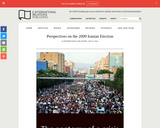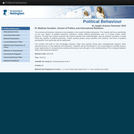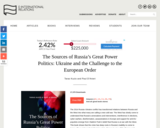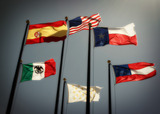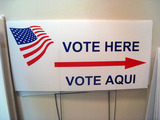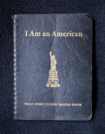This is a module framework. It can be viewed online or downloaded as a zip file.
As taught Autumn Semester 2010/2011.
This module will introduce students to key debates in the study of political behaviour. The module will focus specifically on the core ‘pillars’ of political behaviour (elections, voting, political participation and, to a lesser extent, public opinion). Through the module students will explore theories and methodologies used by political scientists to study these key aspects of political behaviour. Voters, political parties, party members and activists, and forms of political participation more generally will be addressed.
The module will build on the knowledge students might have gained during their undergraduate degrees while introducing them to new debates and literatures. Students will be introduced to, and encouraged to critically assess, major approaches to studying these political phenomena and will gain a firm understanding of the interplay between theory and empirical research.
Module Code: M13128
Suitable for study at: Undergraduate level 3
Credits:20
Dr Matthew Goodwin, School of Politics and International Relations
Dr Matthew Goodwin obtained his BA (First Class Hons) in Politics and Contemporary History at the University of Salford and MA in Political Science at the University of Western Ontario. He completed his PhD at the Department of European Studies and Modern Languages at the University of Bath, under the supervision of Professor Roger Eatwell and Professor Anna Cento Bull. Before being appointed Lecturer at the University of Nottingham, Dr Goodwin was Temporary Lecturer at the University of Bath, Research Associate at the University of Manchester and an ESRC Postdoctoral Research Fellow (Manchester).
At broad level Dr Goddwin's research clusters around electoral behaviour and, to a lesser extent, public policy. His research interests are mainly in extremist political parties and the roots of their support, especially extreme right-wing parties. He also has a strong interest in party membership and activism, and the study of political participation more generally. This research has been published in journals including the European Journal of Political Research, Political Studies and the Journal of Elections, Public Opinion and Parties (JEPOP), among others. Dr Goodwin has also recently co-edited a volume - The New Extremism in 21st Century Britain (Routledge) which explores support for alternative forms of extremism and implications for public policy, police and practice.
